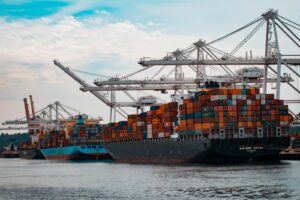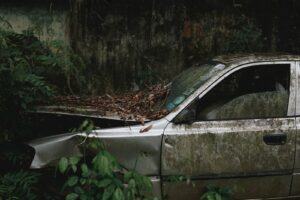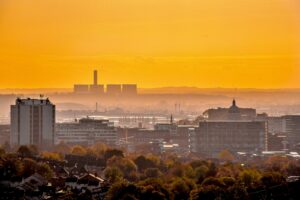The government’s road building programme is fundamentally flawed and is trapping England in ‘an ideological traffic jam’.
The verdict, from the Campaign to Protect Rural England (CPRE), follows the findings of what is believed to be the largest ever independent review of the country’s completed road schemes.
Consultants at Transport for Quality of Life examined 86 official studies of completed road schemes to gauge their impact on the landscape. In a number of cases they also studied their economic benefits and impact on traffic levels and journey times.
They found projects completed between eight and 20 years ago demonstrated a traffic increase of 47%. All new schemes put pressure on adjoining roads, while there were negligible reductions in journey times.
The review also found more than half of those studied had harmed protected areas such as national parks.
‘We repeatedly see the cycle of more roads generating more traffic and congestion which leads to demands for more roads; in other words, building roads leads to building more roads,’ said the CPRE.
It said the study highlighted how road schemes ‘failed to deliver the boost to jobs and local economies so often promised’.
Of roads promoted for their benefits to the local economy, just one in five demonstrated any evidence at all of economic benefit.
New approach needed
The government has committed to increase annual spending on the strategic road network from £1bn in 2016 to £3bn over the next five years and Highways England is expected to begin consultation on major projects this month.
Ralph Smyth, head of infrastructure and legal at the CPRE, said: ‘The government is keen to sell the biggest road-building programme since the 1970s, but this is a programme that will forever fail on its own terms, producing a depressing, self-perpetuating cycle of more and more roads that do little for the economy and harm the countryside.
‘This landmark research shows that any benefits from road building are far smaller than thought but the harm much worse. The road investment strategy needs to be reset – not receive three times more funding.
‘Rather than looking to the past, the government must invest in a forward looking mobility strategy that puts quality of life ahead of the car.
‘The government should reopen old rail lines, offer people travel options in town and countryside, and harness new technology to make more efficient use of road space. It should promote new housing on brownfield sites closer to jobs and services, rather than unleash car-dependent sprawl on green fields.
‘We are seemingly stuck in an ideological traffic jam from which we cannot escape. Building ever bigger roads should be the last resort – not the default choice.’
- The CPRE has produced a short animation based on the findings: https://www.youtube.com/watch?v=UIvsom0FaIY&feature=youtu.be

















